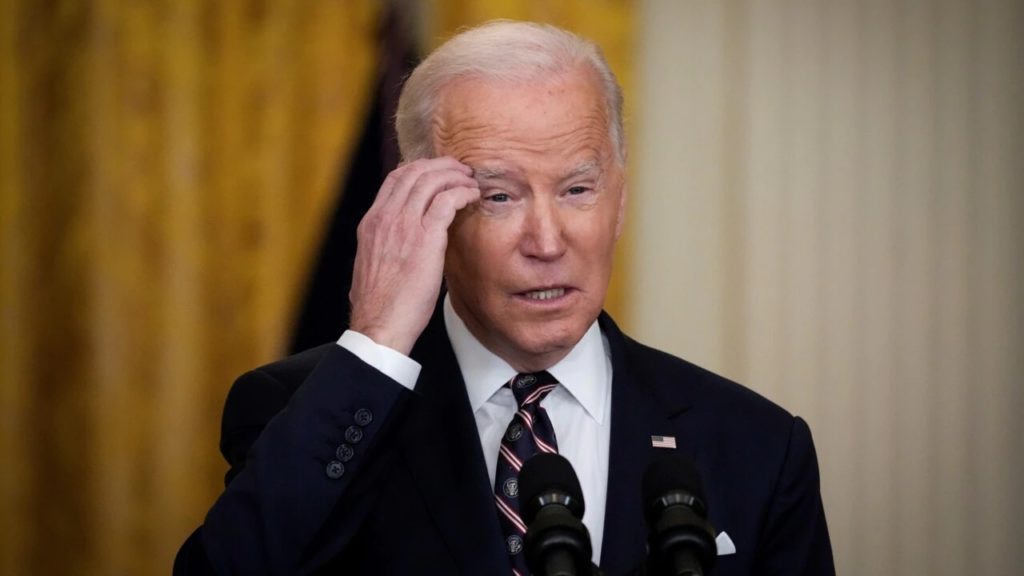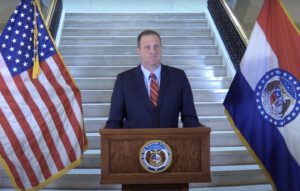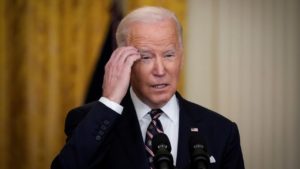Biden’s universal preschool plan would cost hundreds of billions and likely be ineffective, according to recent research
A new analysis says universal preschool for 3- and 4-year-olds, again an issue heading into midterm elections, would cost a walloping $351 billion over 10 years.
As recently as January, Treasury…

A new analysis says universal preschool for 3- and 4-year-olds, again an issue heading into midterm elections, would cost a walloping $351 billion over 10 years.
As recently as January, Treasury Secretary Janet Yellen declared that universal preschool was a “core” item in President Biden’s agenda. That’s even after Sen. Joe Manchin, D-W.V., derailed the administration’s catch-all Build Back Better Act by publicly stating in December he wouldn’t support it.
“We estimate that nationwide universal preschool education for 3- and 4-year-olds will cost $351 billion over the next 10 years, including $41 billion (2022 dollars) in new facility construction costs over the first two years,” the Wharton School of business at the University of Pennsylvania writes in its analysis. “This policy raises government debt by 2.41 percent in 2053 relative to baseline.”
Other research suggests that not only will universal preschool have little to no long-term economic impact, but also that such a program may actually cause harm. A January article by Boston College research professor Dr. Peter Gray warns that Biden’s plan for universal government preschool “could be disastrous.”
Gray concludes that short-term gains are quickly lost, and students actually end up falling behind their non-preschool peers.
“The graduates of academic kindergartens [and preschools] performed better on academic tests in first grade than the others, but the difference subsequently faded, and by fourth grade they were performing worse than the others on every measure in the study,” Gray writes. “Specifically, they scored more poorly on tests of reading and arithmetic and were less well-adjusted socially and emotionally than the controls.”
The question around these programs, for Gray, is whether we should be teaching academic skills at all to these young children.
“Four-year-olds need lots of time to play, create, socialize, take initiative, figure things out on their own, and learn to manage themselves,” Gray notes, adding, “the time spent in academic training is time that they cannot spend on learning the much more important skills that come from self-directed activities.”
Moreover, in 2018 researchers at Vanderbilt University issued a report summarizing their long-term study of Tennessee’s preschool program, which provided free preschool for families living below the poverty level. The report shows similarly adverse outcomes for children in the preschool program versus their peers.
Ultimately, some experts feel the money for universal preschool would be better spent elsewhere, or if used for preschool education, given directly to families with preschool aged children, allowing the family to choose how to best utilize those funds for their children’s education.
Colleen Hroncich, a policy analyst with the Cato Institute’s Center for Educational Freedom, told The Daily Wire that the federal government lacks the constitutional authority to implement universal preschool and should “get out of the preschool business altogether.”
“Barring that, any aid should be directed to families so they can choose the option that works best for their children,” Hroncich added.



